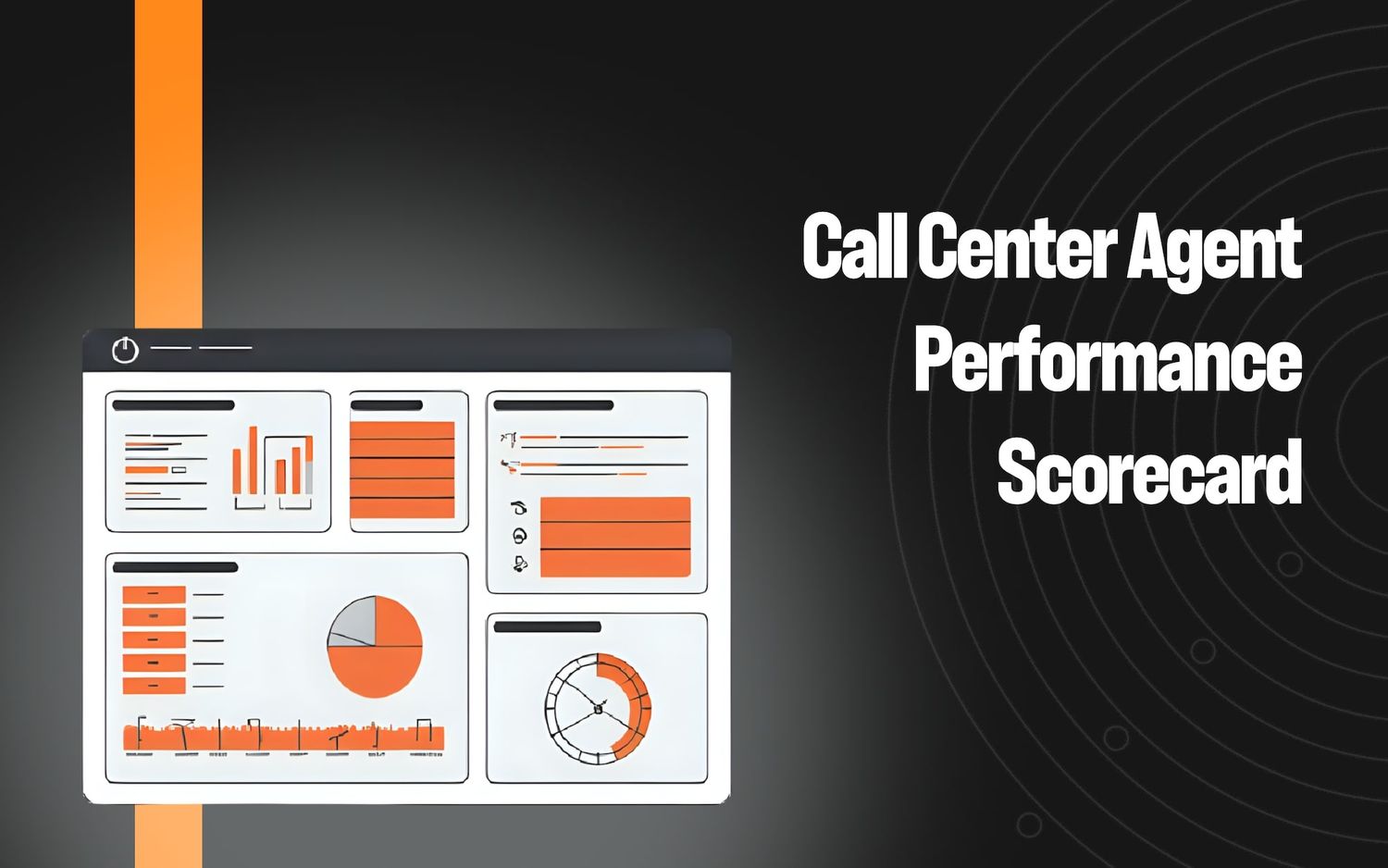Why AI Gives Call Center Leaders Business Advantage


In today’s fast-paced business environment, call center leaders face increasing pressure to enhance customer experiences (CX), optimize operational efficiency, and position for competitive advantage. Artificial intelligence (AI) has emerged as a critical enabler for call centers, empowering leaders with tools and data-driven insights in order to simultaneously achieve all three of these outcomes.
According to a report by Markets and Markets, the global call center AI market is expected to grow from USD 800 million in 2021 to USD 2.8 Billion by 2026, a CAGR of 28.5%. This exponential growth highlights the increasing recognition of AI’s potential to revolutionize call center performance and deliver significant business outcomes. While there are many benefits that can be leveraged with artificial intelligence solutions, this article will discuss five of the many reasons contact center leaders should be aware of regarding how AI at the call center is enabling business advantage.
5 Reasons Why AI Gives Call Center Leaders a Business Advantage
1. Improved Actionable Analytics
Call center leaders leveraging AI can gain improved actionable analytics, essential for making data-driven decisions and optimizing operations. By employing call center-based AI technologies, organizations can identify patterns and trends that would otherwise remain hidden, enabling them to make strategic adjustments and enhance performance.
One use case scenario is AI-driven speech analytics. AI algorithms analyzing calls in real-time, and also post-call, can identify customer intent, keywords, phrases, and sentiment patterns that indicate customer preferences or concerns. This data can inform agent training, streamline call scripts, and optimize communication strategies.
Additionally, AI can help call centers monitor and predict key performance indicators (KPIs) more accurately by assessing historical data and considering variables such as call volumes, agent availability, and customer satisfaction (CSAT) scores. AI-driven predictive analytics can then generate valuable insights and facilitate better resource planning.
2. Cost Savings
Call centers are often considered cost centers, and although they are more than just that, it is true that cost reductions are vital for maintaining industry profitability and competitiveness. AI-powered call center tools and strategies can enable organizations to optimize operations, reduce overheads, and enhance their bottom line.
For example, deploying AI-powered solutions to help manage routine queries and offer immediate responses can reduce the workload on human agents. As a result, call centers can maintain a more empowered workforce, enabling agents to perform at their best. The effect can also be helpful in reducing costly agent churn, as agent job satisfaction is facilitated by the AI augmentation.
AI-driven workforce management solutions can also help call centers optimize staff scheduling and allocation by predicting call volumes and considering agent skills and availability factors. This data can ensure that the correct number of agents are available at the right time, significantly reducing the need for costly overtime payments.
3. Predictive Analytics
Call center leaders often face the challenge of limited data when making decisions. For instance, when to hire more agents or redistribute the workload. Leveraging call-center AI for predictive analytics can analyze historical data and identify trends that enable organizations to forecast future outcomes and make strategic adjustments accordingly.
For instance, AI algorithms can predict call volume fluctuations by analyzing historical call patterns, seasonal trends, and promotional activities, then use AI-driven predictive analytics to generate accurate call volume forecasts.
With this information, call center leaders can optimize staffing levels, ensuring the correct number of agents are available at the right time. This reduces costs associated with overstaffing or overtime payments and minimizes the risk of understaffing, which can lead to long wait times and decreased customer satisfaction.
Another benefit of AI-driven predictive analytics is identifying potential customer churn and proactively addressing concerns before they escalate. AI algorithms can analyze customer interactions and data and pinpoint patterns that signal dissatisfaction or intent to leave, enabling organizations to take corrective action and retain valuable customers
4. Multilingual Support
Multilingual support is critical to providing exceptional customer service across different markets in a global market. AI-driven language processing technologies enable organizations to engage with customers in their preferred languages, enhancing customer satisfaction and expanding market reach.
AI-driven speech recognition and real-time technologies also extend to voice-based interactions. When integrated into call center platforms, these tools can empower agents in real-time to assist customers in different languages and to troubleshoot for any language understanding concerns as they happen.
5. Automated Quality Assurance
Quality assurance is a crucial component of delivering consistently high-quality customer service. Call centers that utilize AI-driven tools can streamline their quality monitoring processes, reduce manual effort, and improve overall performance.
One use-case example is the use of AI-powered speech analytics for quality monitoring. Analyzing call recordings and applying AI-powered natural language understanding (NLU) and sentiment analysis algorithms can automatically identify areas of concern, such as agent compliance, script adherence, or customer dissatisfaction. Call center leaders can use this data to focus their coaching efforts on areas that enhance agent performance and drive continuous improvement.
Besides speech analytics, AI-driven text analysis can evaluate written customer interactions, such as emails or chat transcripts. They can assess aspects like tone, content, and response time, automatically generate quality scores, and flag potential issues for further review.
AI-driven quality assurance solutions reduce the time and effort required for manual monitoring and provide more comprehensive and unbiased evaluations, leading to a more accurate understanding of agent performance and customer experience.
Conclusion
In conclusion, implementing AI in call center operations is no longer a luxury but a necessity for leaders looking to establish their call centers as high-value business assets within an increasingly competitive landscape.
As AI advances, businesses must adapt and embrace these innovations to maintain a competitive edge. LevelAI offers a comprehensive suite of AI-driven tools designed to help call center leaders unlock the full potential of artificial intelligence in their operations.
Businesses that partner with LevelAI can harness the power of AI to transform their call centers and elevate their customer service to new heights.
Learn more about LevelAI’s cutting-edge solutions and how they can revolutionize your call center today.
Keep reading
View all





